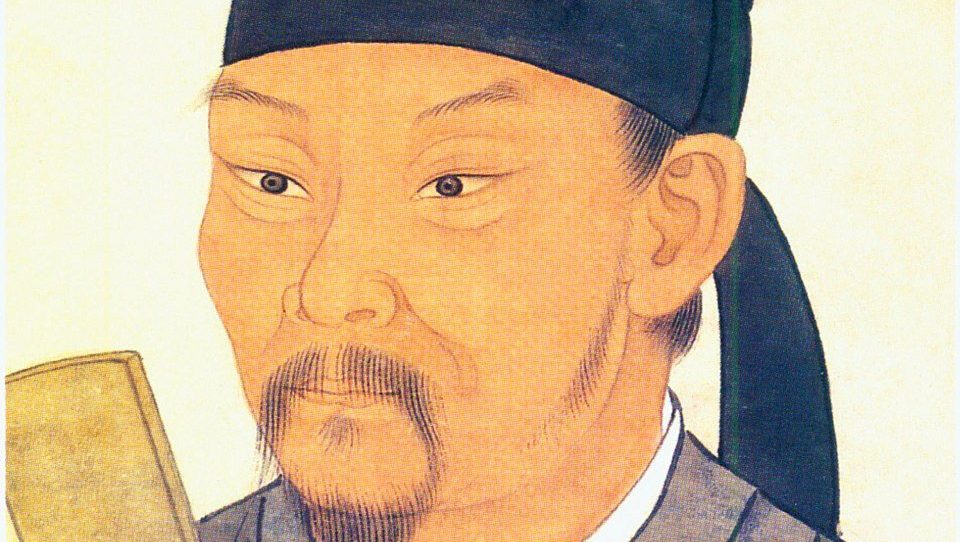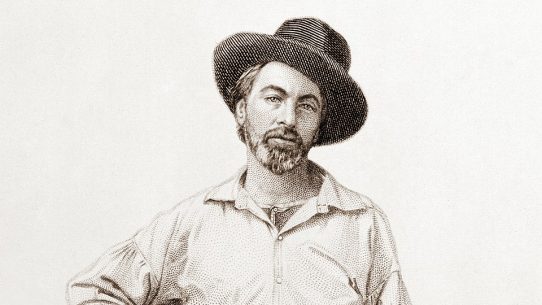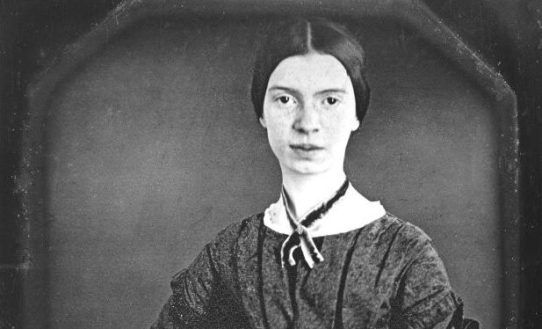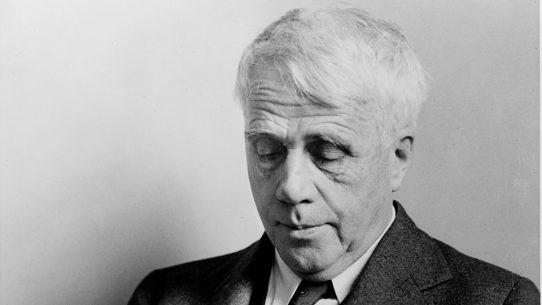Du Fu (712–770) is often hailed as China’s greatest poet, revered for his moral depth, technical mastery, and compassionate insight into human suffering. Living through one of the most turbulent eras of Chinese history — the Tang dynasty’s decline — Du Fu transformed personal hardship into enduring art.
His poetry, marked by empathy, precision, and historical awareness, earned him the title “Poet-Historian” and “Sage of Poetry.”
Early Life and Education
Du Fu was born in 712 near Luoyang, in Henan province, into a family of scholars and minor officials. His father served in government, which gave the young Du Fu access to education and classical learning. From an early age, he displayed extraordinary talent, mastering Confucian texts and classical Chinese verse.
Du Fu’s early life was spent in study and travel. Like many aspiring scholars of his time, he sought to enter imperial service through the civil examinations, but repeated failures — due in part to political factionalism — turned him toward poetry as his chief vocation. His early poems reflected a love of nature, friendship, and traditional ideals of duty and virtue.
Literary Career and Major Works
Du Fu’s poetic career was shaped by historical upheaval. During the An Lushan Rebellion (755–763), a devastating civil war that fractured the Tang empire, Du Fu’s life descended into poverty and exile. These hardships deepened his art, giving rise to the socially conscious verse that defined his legacy.
His poems from this period — including “Spring View,” “The Song of the Wagons,” and “Ballad of the Army Carts” — chronicle the suffering of common people amid war and displacement. Yet even in despair, his language remained restrained, his moral vision steadfast. He continued to compose prolifically while serving as a minor official, eventually producing more than 1,400 poems, preserved in the Du Gongbu Ji (Collected Works of Du Fu).
Among his most admired works are “The River Village,” “Climbing the High Terrace,” and “Facing Snow.” These poems balance personal reflection with historical witness, combining vivid imagery with deep compassion.
Style, Themes, and Influence
Du Fu’s poetry reflects a perfect balance between classical form and human feeling. He mastered all major verse forms of the Tang period — from lüshi (regulated verse) to jueju (quatrains) — and infused them with sincerity and ethical purpose. His diction is disciplined and allusive, drawing on the Confucian virtues of loyalty, integrity, and benevolence.
Recurring themes include the suffering caused by war, the responsibilities of the scholar-official, the transience of life, and the enduring beauty of nature. Even in hardship, Du Fu’s compassion extends beyond himself, embracing soldiers, peasants, and families torn apart by chaos.
Later generations revered him as the moral conscience of Chinese poetry. His works profoundly influenced poets across dynasties, including Su Shi of the Song period, and inspired countless translations worldwide. Western readers, through renderings by Arthur Waley, Burton Watson, and Stephen Owen, came to regard Du Fu as one of humanity’s universal voices — a poet whose words bridge cultures and centuries.
Later Life and Legacy
In his later years, Du Fu wandered through the provinces of Hunan and Sichuan, living in poverty but continuing to write. His Thatched Cottage by the Chengdu River became a symbol of his humility and endurance; it has since been reconstructed as a national cultural monument.
He died in 770 while traveling down the Xiang River, likely from illness and exhaustion. Though largely unrecognized in his lifetime, Du Fu’s reputation grew steadily in the centuries that followed. By the Song dynasty, he was revered alongside Li Bai, his friend and poetic counterpart, as one of the two greatest poets of China — Li Bai representing imaginative freedom, and Du Fu moral responsibility.
Du Fu’s legacy endures as a model of integrity in art: a poet who bore witness to suffering without bitterness, transforming the pain of his age into timeless compassion.
Notable Works
- Spring View (757)
- Ballad of the Army Carts (c. 750s)
- Facing Snow (c. 758)
- The Song of the Wagons (c. 750s)
- Climbing the High Terrace (c. 765)
Related Poets
Li Bai, Wang Wei, Bai Juyi, Meng Haoran, Su Shi



